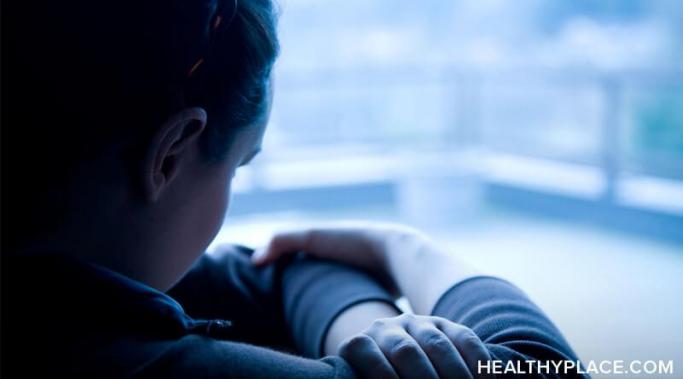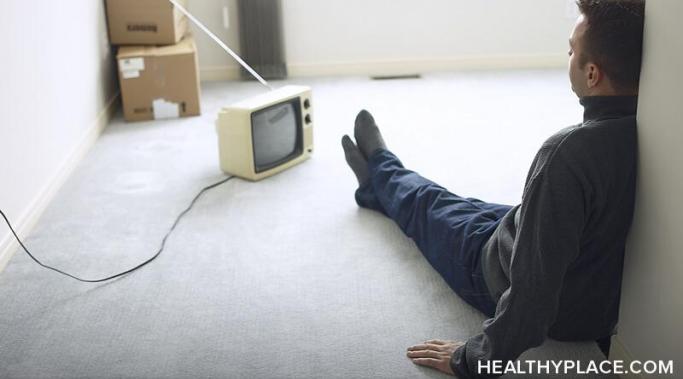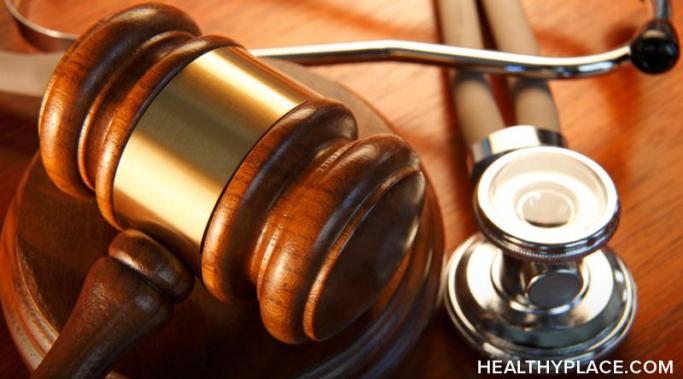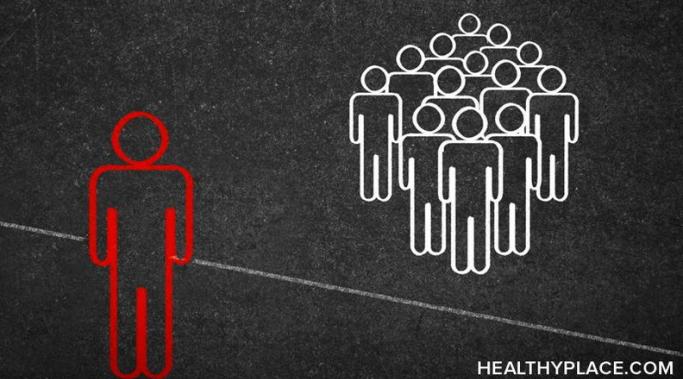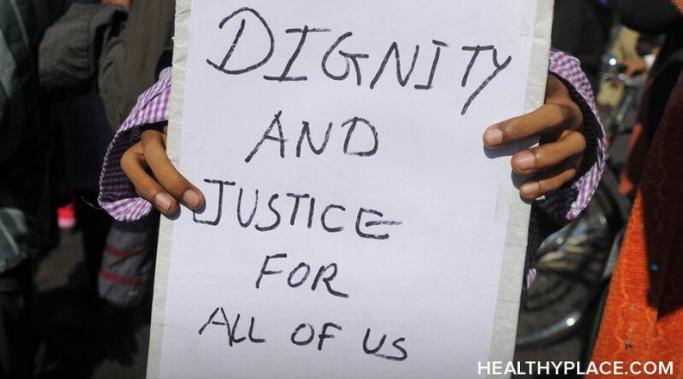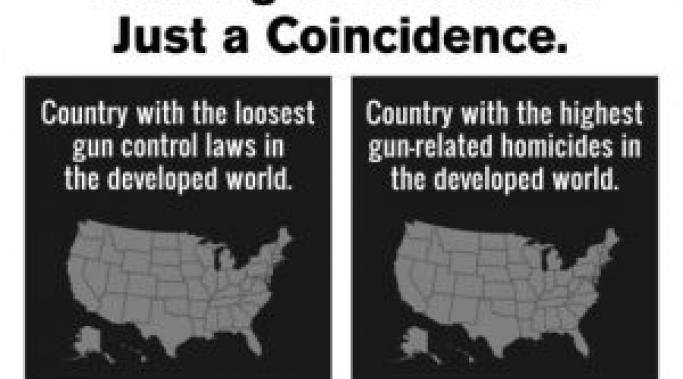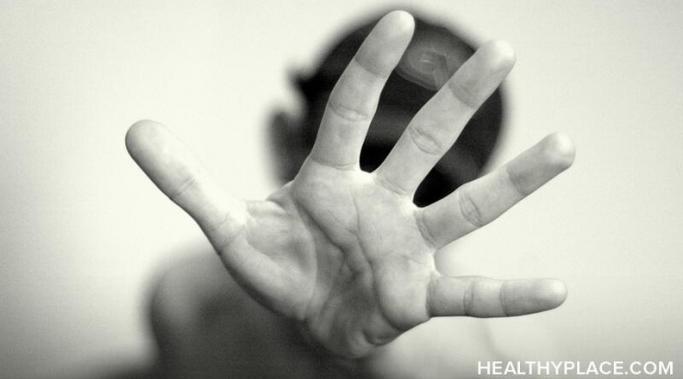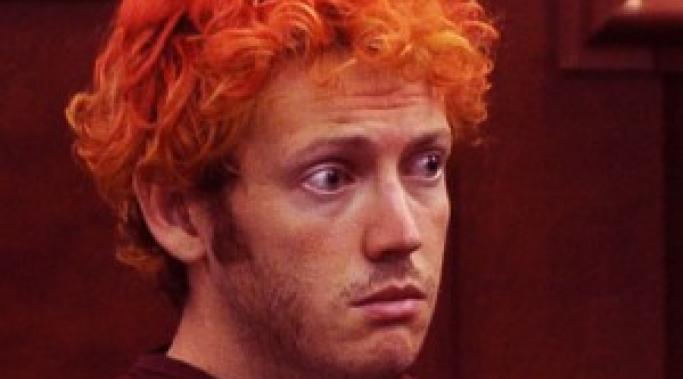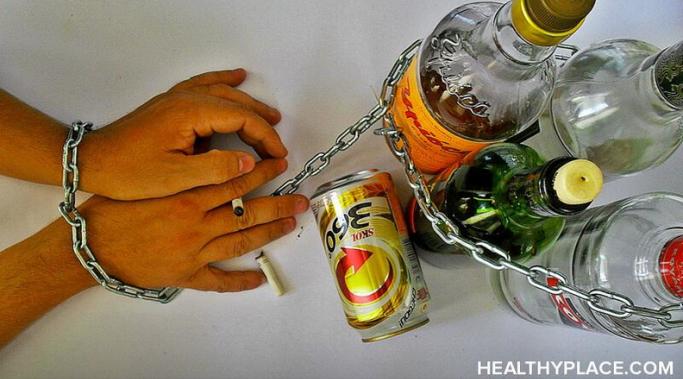One of the ways mental health stigma is spread is through negative labels and name-calling those with a mental health condition. This can happen no matter where a person falls on the mental health spectrum, whether they have a manageable or severe mental illness, but in all cases, calling people with a mental illness names not a helpful solution to mental illness.
Mental Illness and Crime
News coverage that stigmatizes mental illness often occurs after events like mass shootings and other tragedies. The reporters often bring up mental health and how that may have played a part in what happened. Whether or not there is even any initial evidence of mental illness, the fact that someone could commit such an atrocity invokes assumptions of mental instability. People then tend to associate that idea with mental illness as a blanket statement, despite how complex and different individual mental illnesses are. With these conversations inevitably comes misinformation and stigma, and when these news stories saturate our social media and even traditional media sources, it can be tough to contend with as someone with a mental illness. News coverage that stigmatizes mental illness creates problems for society and individuals, and here are two ways it happens.
Mental illness can affect criminal behavior, but it's important to dissociate people with mental illness from violent acts and criminality in general. People often assume that a person must be mentally ill to commit an especially heinous crime. This stigma has been discussed at length, including how people with mental health issues are more likely to be victims of violent crime, but I want to approach the conversation about mental illness and criminal behavior differently.
When it comes to gun violence, mental illness is most of the time an assumed precursor for that violence -- this stigma teaches fear. When mass shootings take place, especially in the U.S., the assailant typically is found to have been suffering from posttraumatic stress disorder, depression, schizophrenia, bipolar disorder – pretty much the staple mental illnesses that popular media knows. When that diagnosis isn’t present, the dig for it begins. News media heavily stigmatizes mental illnesses in this way which lead to fear and the assumption that all mental illnesses will lead to gun violence.
I think we often forget just how much of our understanding of mental illness comes directly from the media. Think about your thoughts on Electroconvulsive therapy (ECT) for a minute. How much are your opinions distorted by the horrendous image of R.P. McMurphy getting shocked senseless in One Flew Over the Cuckoo's Nest?
It’s sad that it took the deaths of twenty children one month ago to open up the conversation about gun control in the US. It’s even sadder, that as the days pass from this tragedy, the national consensus is once again heading toward minimal firearm restrictions.
The second amendment right to bear arms is getting in the way of a fundamental, universal right to attend math class without fear of getting shot in the face. It also diminishes the right to have your main teenage problem be lacking a date to the prom, and not the cold-blooded murder of all of your best friends in the cafeteria.
In the midst of a psychotic episode, you succumb to the voices in your head telling you the only way to make things right is to set a fire in the local church (Psychopaths Versus Those Who Experience Psychosis). This way, the demons in your mind will allow you to be free.
The recent Colorado shooting has spawned a great deal of media coverage. The flamboyant orange hair, the booby-trapped apartment, the broken social life and the supposed high intelligence of the accused make it an intriguing case. As I have been researching this post, it seems as though everyone with a blog has the proper theory as to why James Holmes killed 12 people at a Batman: The Dark Knight Rises premiere in Colorado.
For forty hours a week, I get the opportunity to work with one of the most stigmatized populations that exist in North America: men who have recently been granted parole who also are fighting life-threatening addictions. These gentlemen have a double-whammy when it comes to stigma. Not only are they stigmatized due to their criminal records, they are stigmatized due to their addiction. And many on top of that, are also stigmatized for their mental health issues.
